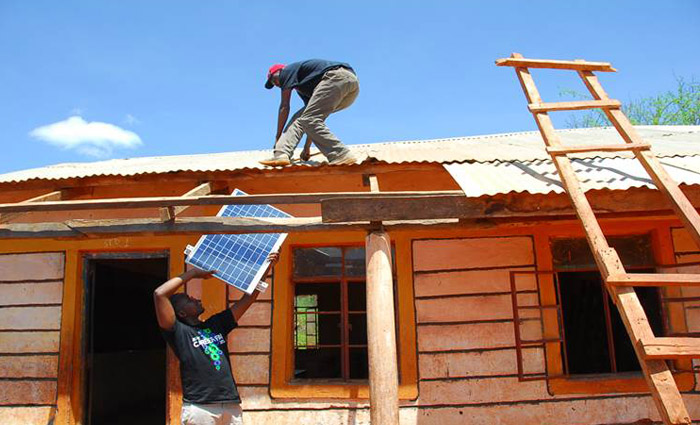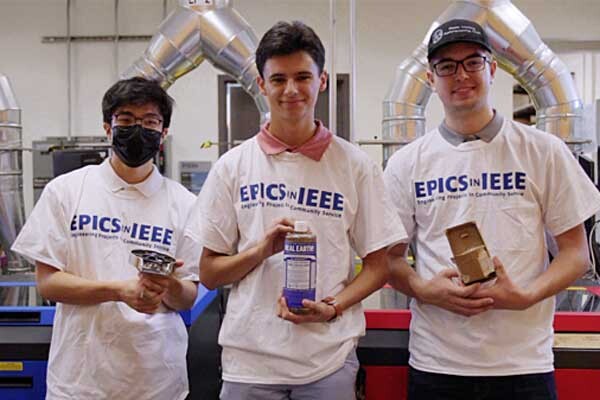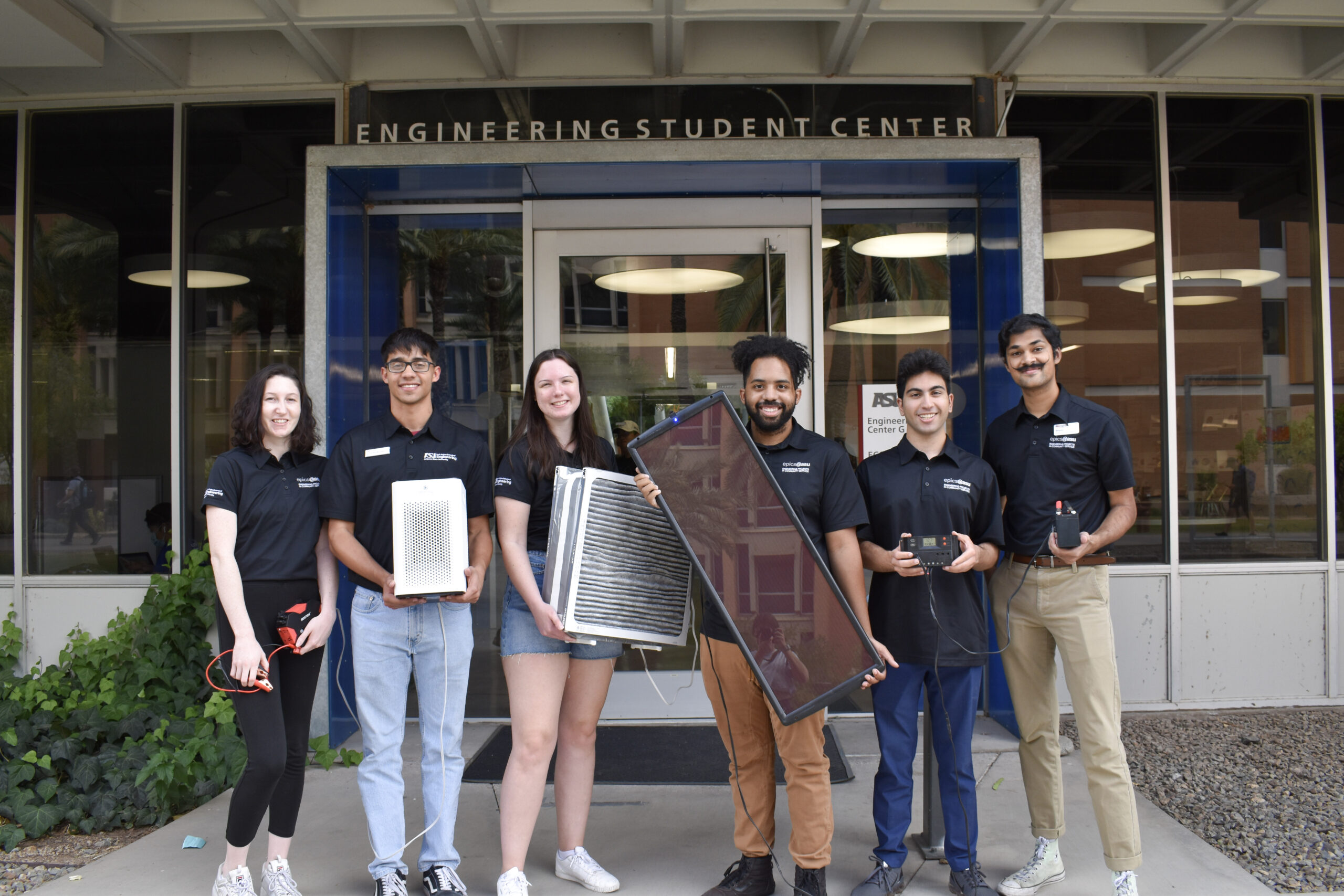About
Connecting Engineering to Community Service
Engineers are uniquely equipped to develop solutions to today’s challenges, which ultimately allows them to change communities. EPICS facilitates that change now and for future generations by creating a world where engineering education is intimately connected to community service.

Equipping students through service learning
For more than ten years, we’ve been providing both university and high school students the opportunity to work with engineering professionals and non-profit organizations to develop innovative solutions that transform communities around the world. This unique blend of technology and service-learning education delivers four critical benefits:
Workforce development
Professional skills
Non-profit support
Advancing STEM
EPICS History
EPICS stands for Engineering Projects in Community Service. The program was founded in 1995 at Purdue University. It was created to meet a two-fold challenge: providing community service organizations with technology they need to improve and deliver services, and providing undergraduate students with educational experiences to broaden their skills.
The program has now spread to universities throughout the United States and abroad, as well several K-12 programs. EPICS in IEEE was founded in 2009 and has facilitated more than 180 projects in over 30 countries and has impacted more than 1,500,000 people through our university initiative and K-12 initiative.
Core Iniatives
Access and Abilities
More than 15 percent of the world population (about 1 billion people) live with disabilities, such as hearing, vision, mental health, or mobility impairments. These projects solve accessibility issues within communities, enable adaptive services, establish clinics for those in need, and develop assistive technologies.
Environment
Every region of the world faces challenges with environmental sustainability. Projects in this area focus on developing new ways to use renewable energy sources to better serve communities, such as creating drinkable water and generating electricity as well as improving communication services. Students also gain exposure to careers in alternative energy and environmental solutions.
Education and Outreach
Projects emphasize the creation of innovative tools by university students, that can be used to engage K-12 students in project-based STEM exploration. EPICS in IEEE encourages outreach projects to connect with another one of our pillars (Access and Abilities, Human Services and Environment) to ensure there is a community-oriented component to their projects (e.g. unique robotics kits that help with agriculture), but with a focus on education
Human Services
Students involved in these projects leverage technology to address the tremendous scope of community needs. This includes homelessness prevention, affordable housing, family and children agencies, human trafficking, neighborhood revitalization, and local government.
Learn how you can get involved in transforming communities
Contact Us
ADDRESS
Ashley Moran
445 Hoes Lane
Piscataway, NJ 08854, USA
PHONE
+1 732-562-6552
epicsinieee@ieee.org



